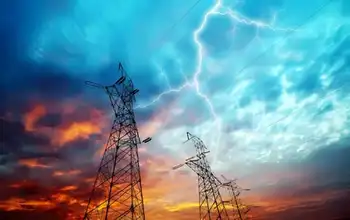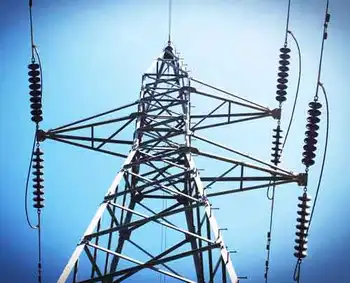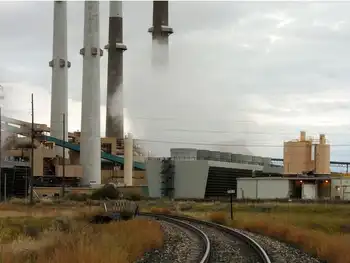Eskom resorts to land expropriation
SOUTH AFRICA - State power utility Eskom claims to be expediting regulations to enable it to expropriate land it requires for transmission-line servitudes, because the acquisition process is said to be taking too long.
The utility has also made it apparent that most of the delays relate to land owned by non-South Africans, many of whom are absentee landlords.
Earlier in the year, CEO Jacob Maroga indicated that the acquisition of land and servitude rights had emerged as a major challenge. "Timelines are tight," Maroga warned, pointing out that Eskom was aiming to spend some R15,5-billion on long-distance transmission lines up until 2012.
Now, Eskom Enterprises CEO Brian Dames - who has overall responsibility for the corporation's R200-billion-plus capital programme, involving both generation and transmission infrastructure - has again confirmed that there is growing anxiety at Eskom over the issue.
He also indicated that resorting to legal resolution was now viewed as the only realistic route to deal with the matter.
Speaking to the South African contractor community recently, Dames said that, while there were some initial difficulties in obtaining environmental approvals for transmission projects, land acquisition had since emerged as the most serious constraint.
"Most of the land is owned by farmers, and a lot of these farmers are foreigners, and that is where we are having most of our problems," Dames reported, adding that it was now looking to secure the land through an expropriation process.
"There is one line where we have just five kilometres missing, because the land owner is refusing to give us access. This is effectively holding back the expansion in the platinum basin. We cannot have this as a country and that alignment needs to happen very, very quickly," Dames asserted.
He also stressed that the transmission aspect of Eskom's expenditure, while far smaller than that required to expand the generation system, was as crucial for dealing with the current electricity-supply constraints.
For instance, it was vital that servitudes were secured to link the R78,6-billion Medupi, to be built in Limpopo province, into the system in Gauteng.
Transmission strengthening and expansion projects currently under way included a 1 500 km, 765kV line from Johannesburg to Cape Town, where tower lifting had started. These 42-m high and 39-t towers were being installed by a Japanese/South African joint venture and stringing should begin within weeks.
The utility had also recently completed a 400-km, 400-kV line into the Eastern Cape, which was the longest 400-kV line in the country, as well as some system strengthening into the Western Cape.
Work was being planned for another line into the Eastern Cape to feed into the Coega Industrial Development Zone (IDZ), incorporating the $2,7-billion Rio Tinto Alcan aluminium project, which is the anchor tenant for the IDZ, near Port Elizabeth, while there were further strengthening and expansion projects scheduled for both the Western Cape and KwaZulu-Natal.
Related News

Electrifying Manitoba: How hydro power 'absolutely revolutionized' the province
WINNIPEG - The first electric light in Manitoba was turned on in Winnipeg in 1873, but it was a century ago this year that the switch was flipped on a decision that would bring power to the fingertips of people across the province.
On March 12, 1873, Robert Davis — who owned the Davis House hotel on Main Street, about a block from Portage Avenue — used an electric arc light to illuminate the front of his building, according to A History of Electric Power in Manitoba, published by Manitoba Hydro.
That type of light used an an inert gas in a…




